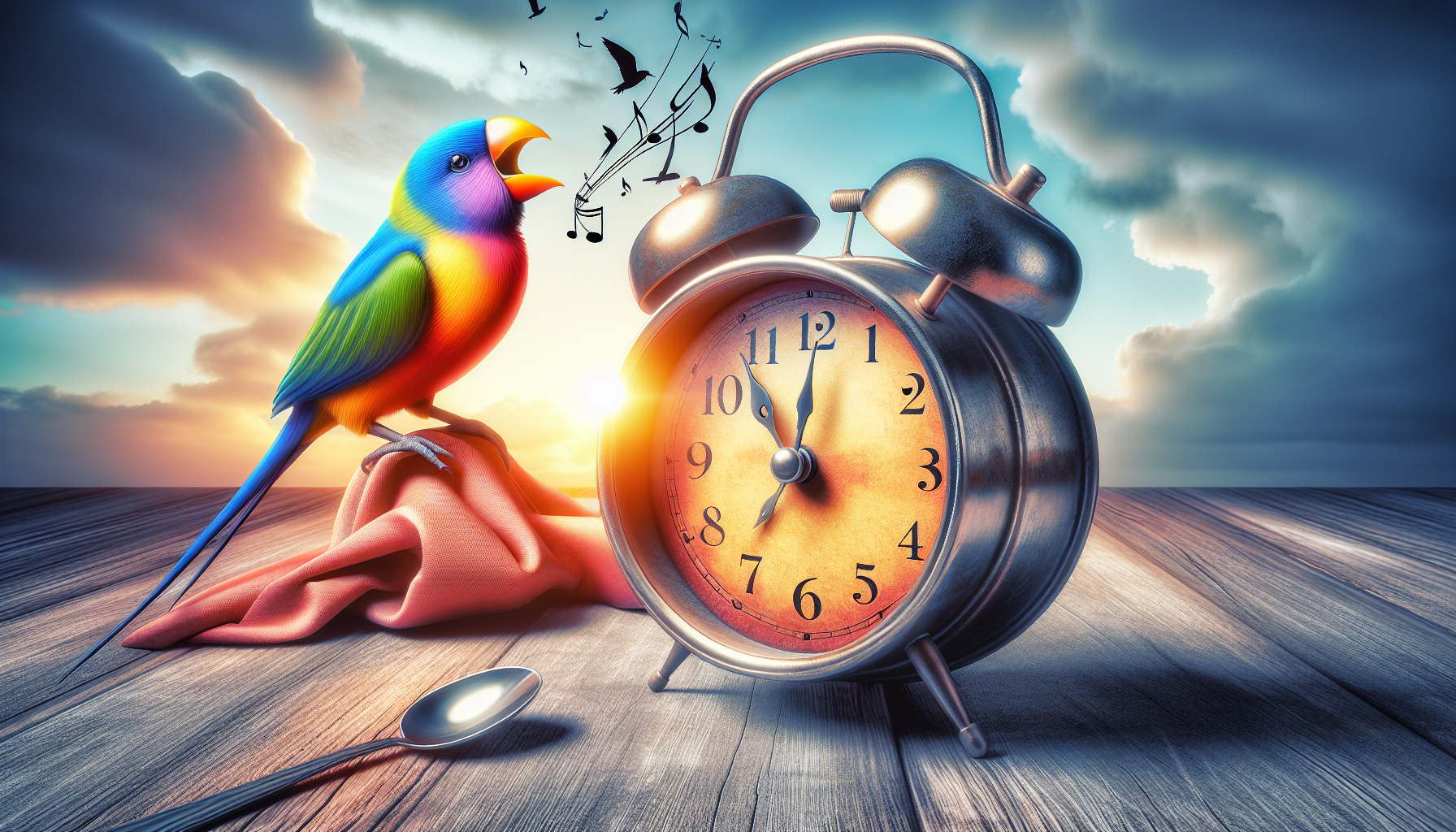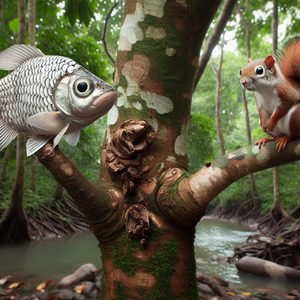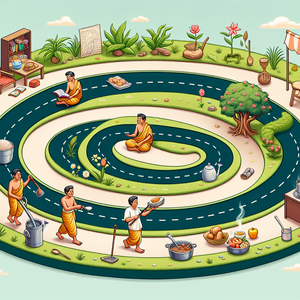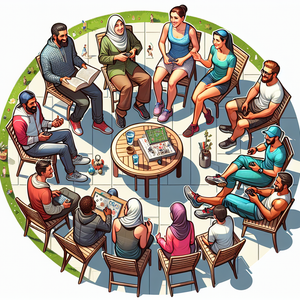Beyond Football: Real Madrid's Cultural Influence in Spain

Real Madrid's influence is intricately linked to Spain's political history. The club has frequently been perceived as a symbol of power and prestige, mirroring the country's political dynamics. During Francisco Franco's regime, Real Madrid was appropriated as a representation of the national identity that the dictator sought to impose. Franco's government provided substantial support to the club, enabling it to secure critical resources and achieve unparalleled success, which fostered a strong national following. In the contemporary era, Real Madrid's fortunes often align with Spain’s political and economic landscape. Victories on the football field can evoke a sense of national pride, particularly during times of uncertainty or crisis. The rivalry with FC Barcelona, a club that embodies Catalan pride and identity, further accentuates the political implications of football in Spain. This rivalry is not merely a sporting competition but a reflection of the complex regional identities and historical tensions within the country.
Art and Media Influence
The cultural impact of Real Madrid is vividly illustrated in the realms of art and media. The club has inspired a wealth of creative expression, from literature and film to visual art. Iconic players such as Alfredo Di Stéfano, Cristiano Ronaldo, and Zinedine Zidane have transcended their roles as athletes to become cultural icons, celebrated for their extraordinary skills and larger-than-life personas. Documentaries, biopics, and fictional portrayals of these players have contributed to the romanticization of football in Spanish culture. Real Madrid’s visual identity, epitomized by its elegant white jersey, has captivated artists and creators alike. The imagery associated with the club serves as a canvas for exploring themes of glory, aspiration, and identity. From vibrant street art murals in Madrid to sophisticated gallery exhibitions, Real Madrid's influence permeates artistic expressions, reflecting the fervent passion of its supporters. The club thus becomes a symbol of aspiration and pride, woven into the very fabric of Spanish culture.
Community Identity and Social Dynamics
Real Madrid plays a crucial role in shaping community identity, fostering a sense of belonging among its vast supporter base. Fans unite not only in their love for the team but also in the shared experiences and collective memories that the club evokes. This phenomenon is particularly evident in the working-class neighborhoods of Madrid, where local pride and identity are closely intertwined with the team’s successes. Additionally, Real Madrid's outreach initiatives and community programs have had a tangible impact on social cohesion. By promoting educational programs and sports initiatives, the club instills values such as teamwork, discipline, and respect. These efforts reinforce Real Madrid's status as a positive force in society, empowering individuals and communities alike. The club’s commitment to social responsibility has solidified its position as a pillar of the community, transcending its role as a mere sports entity.
Real Madrid is more than just a football club; it is a cultural institution that plays a significant role in shaping the identity of Spain. From its historical entanglement with the political landscape to its influence on art and community dynamics, the club has left an indelible mark on Spanish society. As the world continues to evolve, Real Madrid's legacy is poised to endure, serving as a testament to the power of sport to influence culture, unite communities, and reflect the complexities of identity. The club’s journey through history illustrates how football can be a catalyst for broader societal change, making Real Madrid a symbol of not only sporting excellence but also cultural significance.
Sports Marketing Manager
Major sports teams, marketing agencies, and sports apparel companies
Core Responsibilities
Develop and execute marketing strategies to promote the club's brand and engage fans.
Analyze market trends and fan demographics to tailor campaigns effectively.
Collaborate with sponsors and partners to enhance promotional activities and outreach.
Required Skills
Strong understanding of digital marketing and social media analytics.
Excellent communication and project management skills.
Experience in sports or entertainment marketing is highly desirable.
Cultural Affairs Coordinator
Cultural institutions, sports organizations, and non-profits
Core Responsibilities
Organize events that promote the club’s cultural initiatives, including art exhibitions and community outreach programs.
Liaise with local artists and cultural institutions to create collaborative projects.
Monitor and evaluate the impact of cultural programs on community engagement.
Required Skills
Background in cultural studies, arts administration, or a related field.
Strong networking abilities and experience in event planning.
Passion for sports and culture, coupled with excellent interpersonal skills.
Sports Sociologist
Universities, research institutions, and think tanks
Core Responsibilities
Conduct research on the social impact of sports, focusing on community identity and dynamics.
Analyze the relationship between sports and political identity, particularly in contexts like football in Spain.
Publish findings in academic journals and present research at conferences.
Required Skills
Advanced degree in sociology or related social sciences.
Strong qualitative and quantitative research skills.
Ability to communicate complex concepts to diverse audiences.
Community Engagement Specialist
Sports teams, community centers, and educational institutions
Core Responsibilities
Design and implement community programs that promote teamwork, discipline, and sportsmanship among youth.
Collaborate with schools and local organizations to increase participation in sports initiatives.
Measure and report on the effectiveness of community outreach efforts.
Required Skills
Experience in community service or social work, particularly within sports contexts.
Excellent communication skills and a passion for youth development.
Ability to work collaboratively with diverse groups and stakeholders.
Sports Historian
Universities, museums, and publishing houses
Core Responsibilities
Research and document the historical significance of sports teams, focusing on their cultural and political contexts.
Write articles, books, and papers that contribute to the understanding of sports history.
Collaborate with museums and educational institutions for exhibitions and programs.
Required Skills
Advanced degree in history, sports studies, or cultural studies.
Strong writing and analytical skills.
Passion for sports history and the ability to engage audiences through storytelling.


